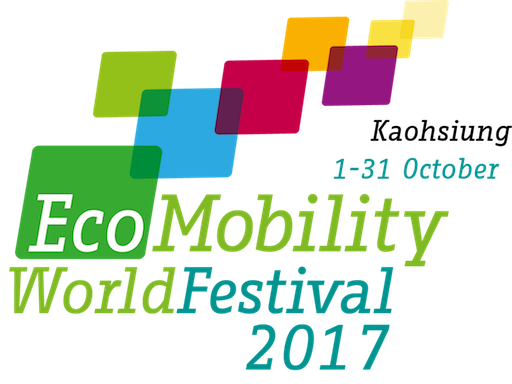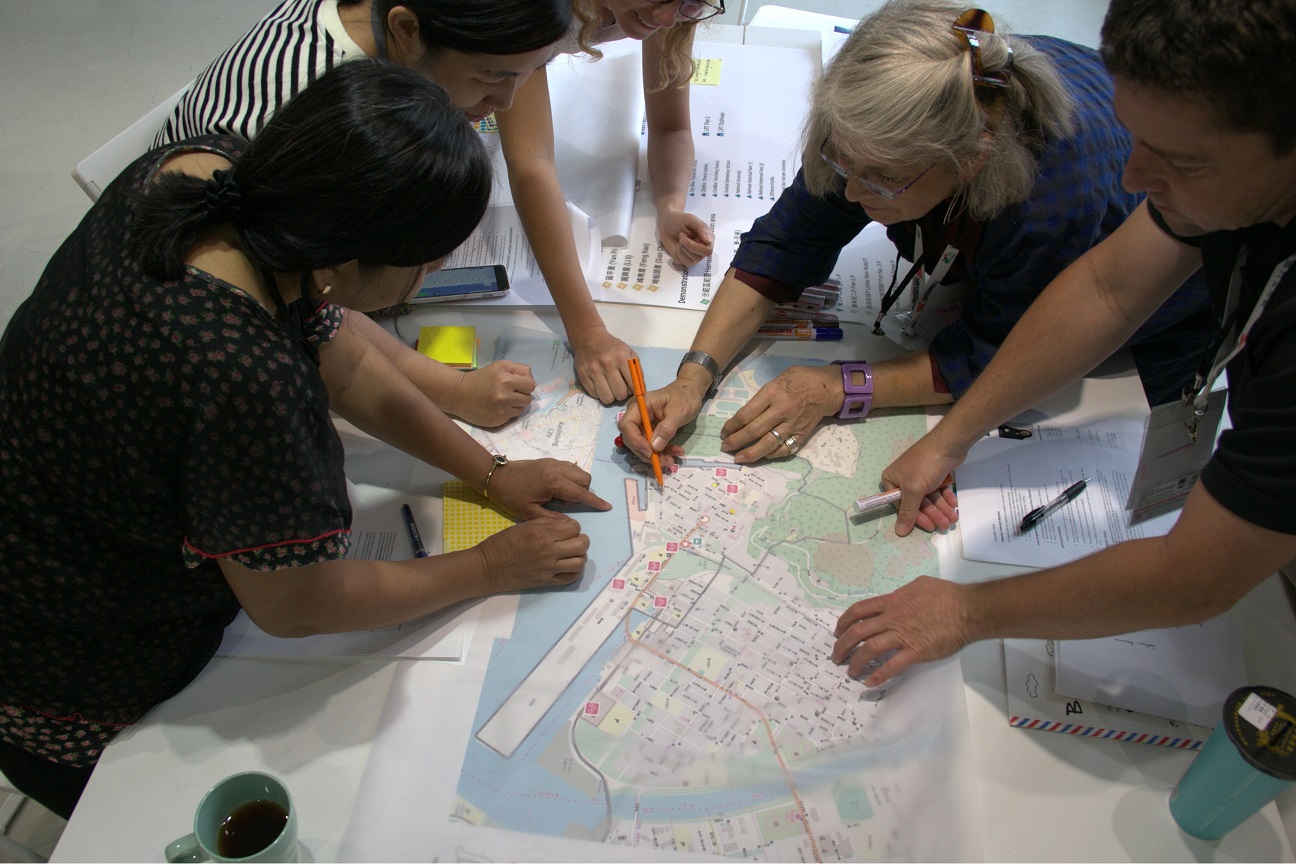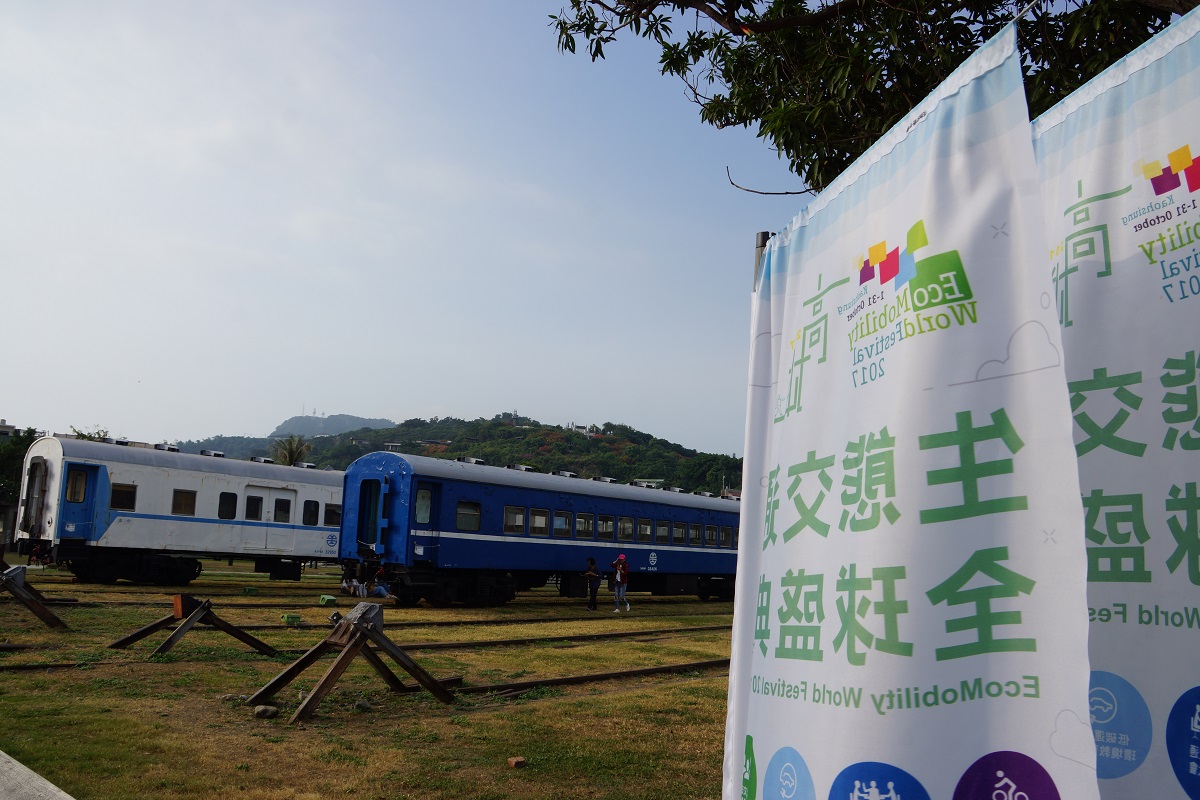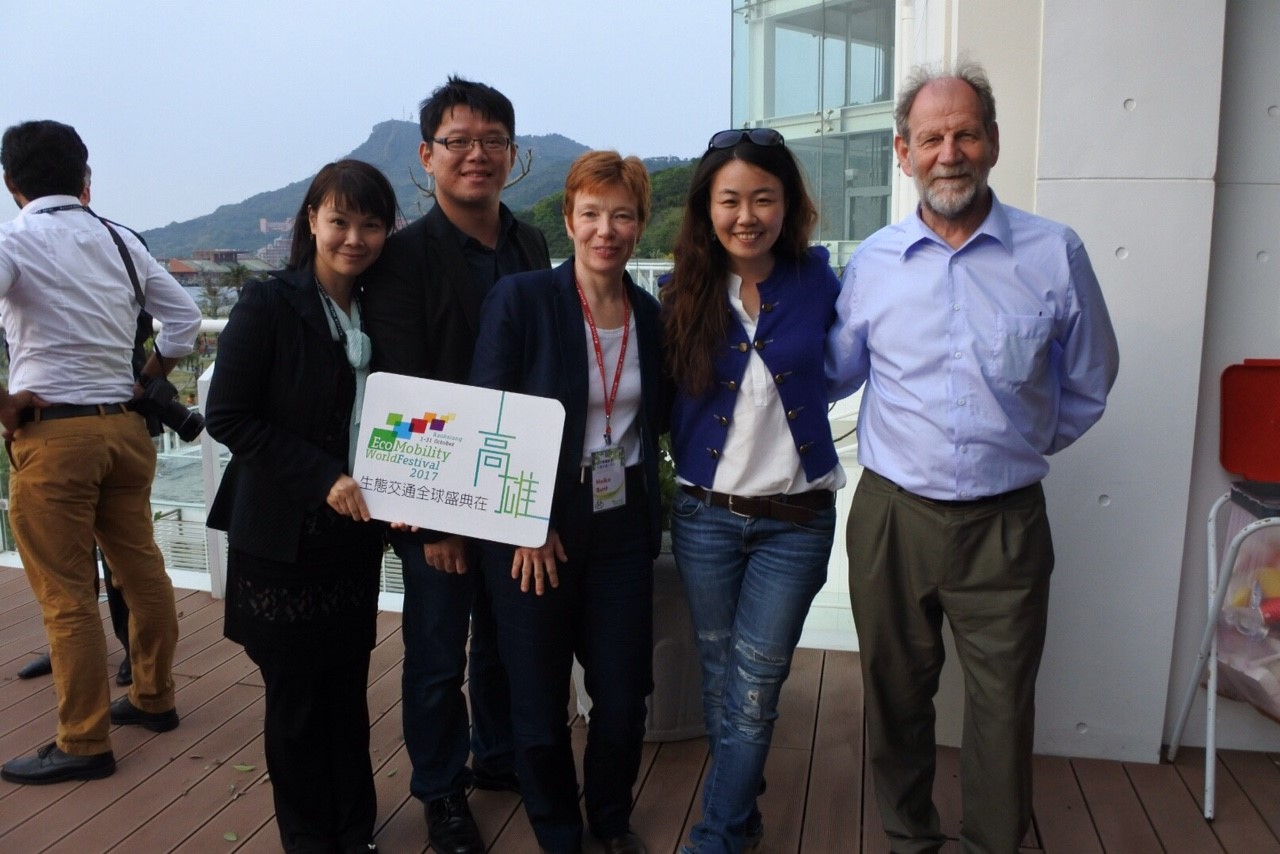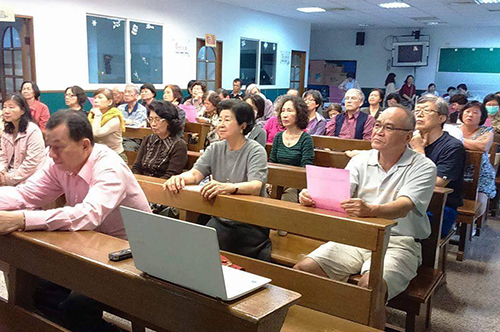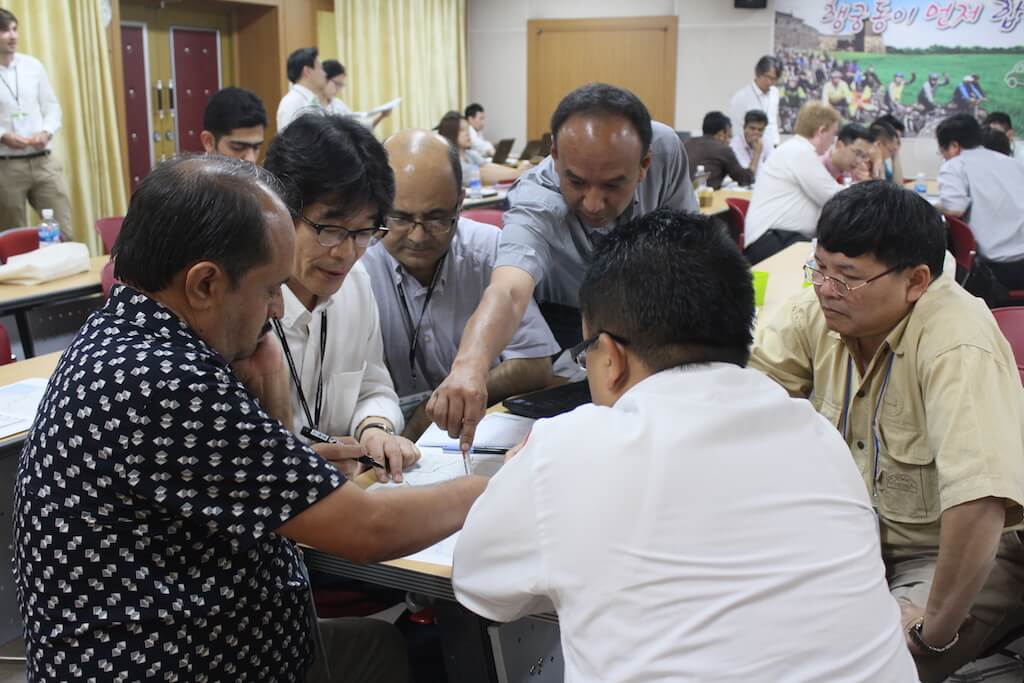EcoMobility Congress
EcoMobility World Congress 2017
2-4 October 2017 | Kaohsiung
During the EcoMobility World Festival, the fourth EcoMobility World Congress 2017 was held from 2 to 4 October 2017 in Kaohsiung. The EcoMobility Congress series enabled international actors, united by a shared interest in sustainable transportation, to come together to share good practices and spark synergies in a setting that promotes creative collaboration, local initiatives and the EcoMobility agenda. Our Congress theme for this year was: Livable, Shared, and Intelligent.
This year, at the Congress, we welcomed more than 1,200 registered participants, including:
- city mayors;
- high-level government representatives and policy makers in the field of urban transportation and climate change;
- city leaders;
- transportation experts;
- representatives from development banks;
- representatives from international and local non-governmental organizations (NGOs);
- researchers from research institutes; and
- businesses involved in the field of sustainable urban mobility.
The Congress aimed to bring the sustainable urban mobility debate to the global level, coupled with local context of implementation. A series of sessions in the form of plenary discussions, presentations, debates, workshops, and even KED-Talks (Kaohsiung EcoMobility Dialogues) were planned to address our Congress themes: livable, shared, and intelligent. Solutions were sought to reduce the dominance of private automobiles in cities and advance sustainable and low carbon urban mobility. Together with the Festival, the Congress aimed to build and showcase a narrative that livable cities are not car-centric, but rather through an integrated mode of mobility.
Congress Theme
Livable
Shared
Intelligent
Achievements in Numbers
1,200
The EcoMobility Dialogues explored ways to reduce the dominance of private automobiles in cities and to build an urban transport system that meets the needs of residents while minimizing energy consumption, emissions, material use and space requirements. The topics of the three dialogues were:
- Reshaping cities for EcoMobility: Strategies and tactics
- Achieving and enabling EcoMobility: New and shared forms of mobility
- Making the commuting decisions safe, sustainable and popular
More information is available on the Festival website, including all available presentations from the various speakers at www.ecomobilityfestival2015.org
The Congress highlighted the importance of EcoMobility from a range of perspectives, including local leadership, social inclusion, health, future generations, and practical applications. The Congress underscored EcoMobility as an active concept – something to be applied and developed and shared. The Congress emphasized the integration, development, and promotion of active modes such as walking, cycling, wheeling, public transport and shared transport systems.
More information is available on the Congress website, including all available presentations from the various speakers. http://emwf2013.iclei.org/
The EcoMobility Changwon 2011 congress on Mobility for the Future of Sustainable Cities, organized by Changwon City and ICLEI – Local Governments for Sustainability, brought together over 300 participants from all over the world to talk about sustainable transport solutions for cities. Changwon, also known as the environmental capital of the Republic of Korea, is taking the lead, for example, through its innovative Changwon NUBIJA bicycle sharing system.
More information is available on the Congress website: ecomobility2011.iclei.org
